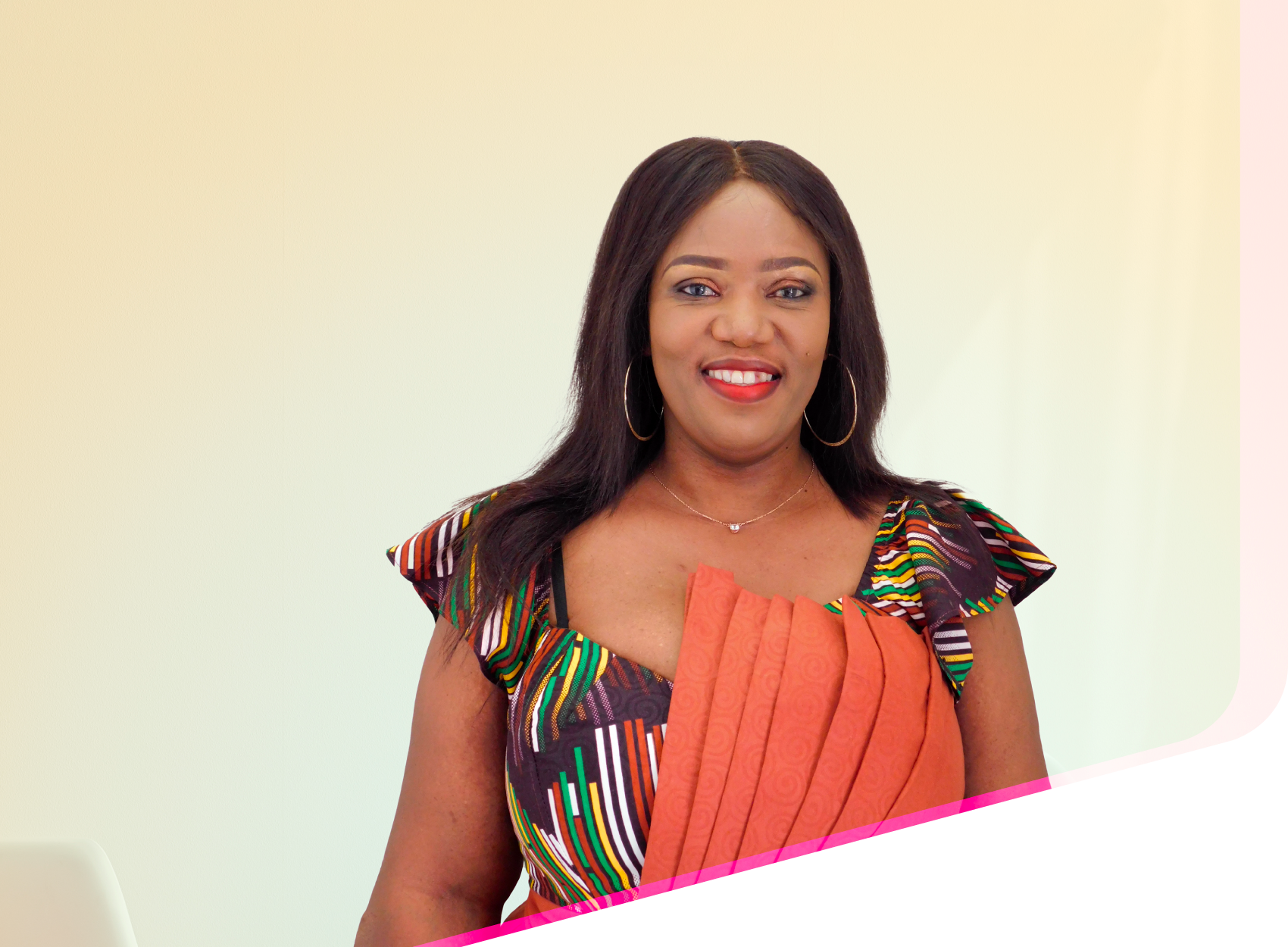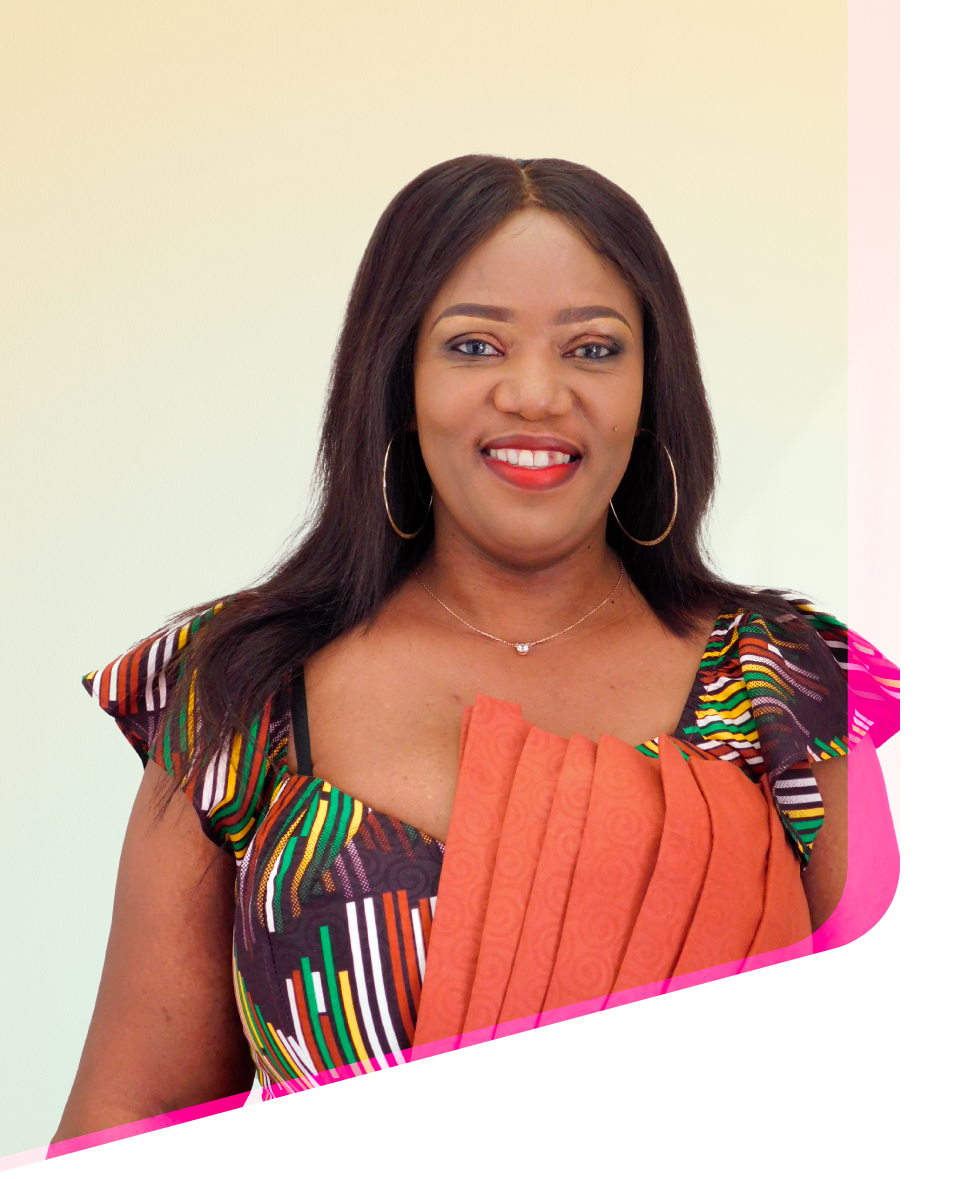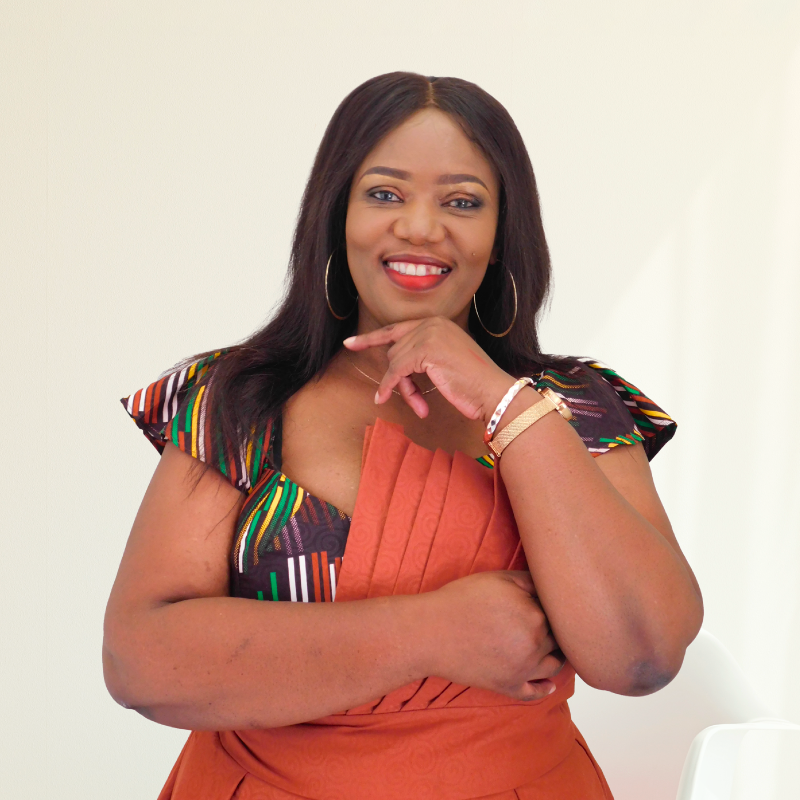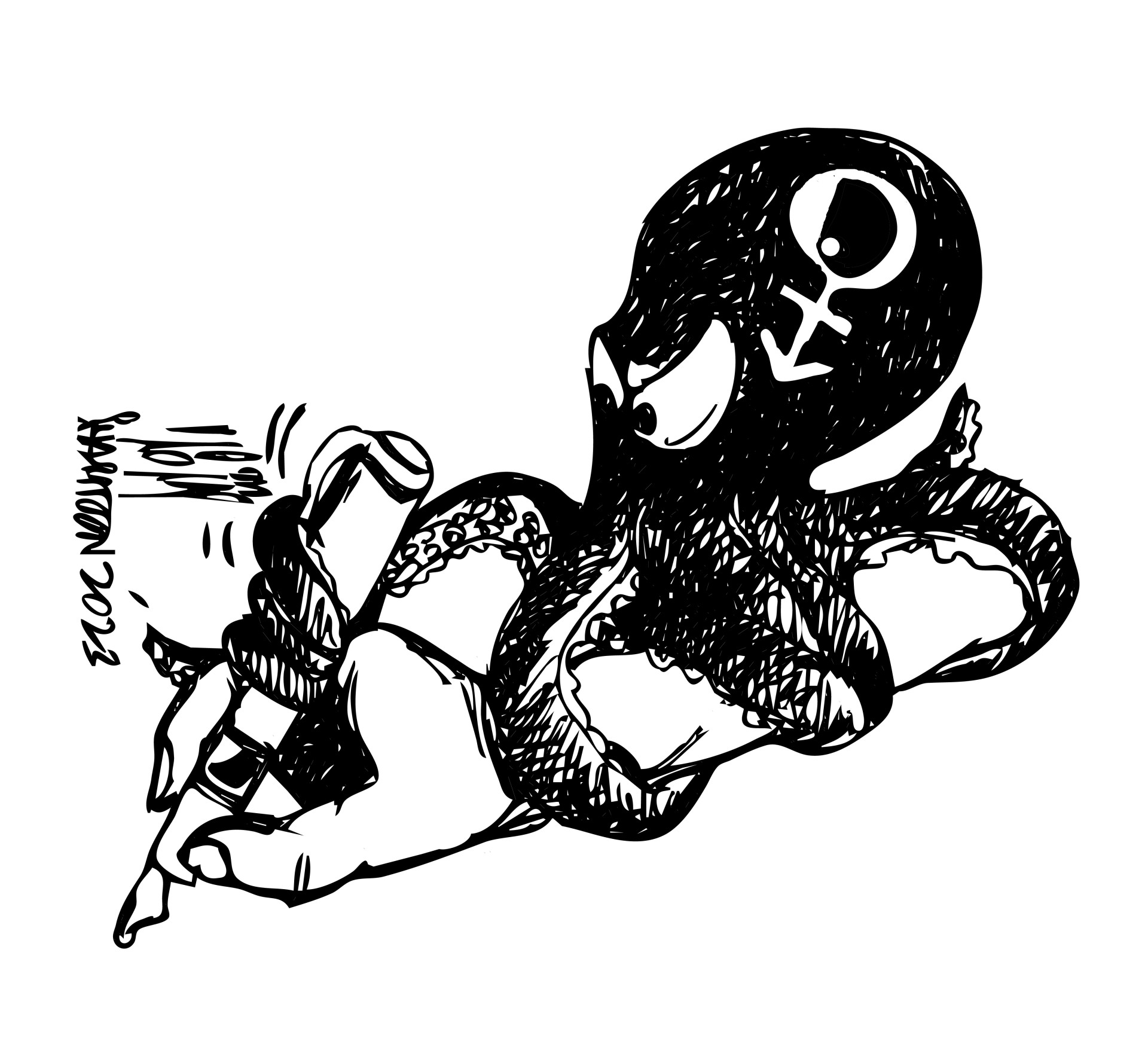
Zimbabwe
Zimbabwe
Zimbabwe
Faith Zaba
Faith Zaba
Faith Zaba
Journalist and Editor of the Zimbabwe Independent
Journalist and Editor of the Zimbabwe Independent
Journalist and Editor of the Zimbabwe Independent

Zimbabwe
Faith Zaba
Journalist and Editor of the Zimbabwe Independent
„I have used the power of the pen to advocate for the basic dignity and worth of every human being.“

VITA
Faith Zaba is the editor of the Zimbabwe Independent, a leading business weekly newspaper. She has 31 years of experience in the media. She is an award-winning journalist and is the 2022 WIN Editorial Leadership Awards Laureate for Africa, much-coveted Women in News (WIN) editorial leadership award in recognition for her outstanding contribution to the global media industry. She was named one of the top 50 visionary and inspirational women in Zimbabwe in 2022. Faith Zaba is also media freedom and freedom of speech activist. She is a trustee of the Zimbabwe chapter of the Misa – a media freedom and freedom of expression advocacy non-governmental organization. She is a board member at Transparency International Zimbabwe, where she chairs the Programmes Committee. She is a trainer, moderator, facilitator and mentor. Under the mentorship Programme, sponsored by the Friedrich Naumann Foundation for Freedom, she has coordinated trainings for more than 300 young female journalists and final year journalism students.
How do you describe your personal and professional journey so far?
The journey has been a mixed bag with many ups and downs and many moments when I almost threw in the towel. I am currently the editor of the country’s leading independent business weekly, The Zimbabwe Independent. I am the first woman to be editor of the publication in its 26 years history. This year, I celebrate 31 years in the media and it took me 27 years, nearly three decades, to get a top post. It has been a long and difficult journey to be recognized in this sector, which has always considered the newsroom a “boys club”. Upon my appointment as editor, I endured attacks on social media, but persevered, stood firm and remained resilient.
Do you mean that this sector suffers from gender bias? How do you deal with it?
Yes, there were many times when I almost quit after being frustrated by male colleagues. What kept me going was the sisterhood, which gave me the strength to fight and demand my seat at the table. I am still facing an uphill battle. I find that as women climb higher, the more biases, challenges and stereotypes they face. I have over the years written investigative stories, analyses, and commentaries on the deteriorating socio-economic, political and human rights situation in Zimbabwe, despite the intimidation, threats of arrests, a shrinking media and civic space and an incessant assault on freedom of expression and press freedom.
I have dedicated myself to mentoring young journalists, especially women who are confronted with a myriad of challenges as they try to navigate their way in a male-dominated profession, fight under-representation, sexual harassment, lower pay compared to their male colleagues and lack of opportunities in media management. I have worked tirelessly to amplify women’s voices, see them quoted more in an expert capacity to change gender stereotypes that we see in our media.
What problems have you faced as a journalist?
As a journalist in Zimbabwe, there are numerous challenges and problems I face on a daily basis, particularly when reporting on sensitive issues or criticizing those in power. One of the biggest challenges I face as a journalist in Zimbabwe is state repression and persecution leading to self-censorship. Crack down on journalists, who report on issues that are critical of the government or ruling party, can take many forms, including harassment, intimidation, arrest, and imprisonment. I remember vividly in 2021 receiving a hair-raising call, threatening to kill me. The caller went on to describe the car I drove, the route I used each morning and evenings. He even told me the names of my children and the school they attended. He threatened that if the story I was working on involving an army general was published, they would strangle me and tie my legs and arms together. In 2020, I was put under 24-hour surveillance for six months. Around 2004, I had to flee the country after I was tipped of an imminent arrest for stories I was writing under pseudonyms for the Institute for War and Peace Reporting. I have not been able to operate freely and without fear, as my government restricts access to information, censors the media, and uses state-controlled media to disseminate propaganda.

Are journalists also subject to intimidation by non-state actors?
Yes, in addition to state repression, non-state actors such as powerful individuals, political parties, and criminal organizations also pose a significant threat to journalists in Zimbabwe. These groups often use violence, threats, and intimidation to silence journalists, particularly those who report on corruption, human rights violations, and other sensitive issues.
What inspired you to become a human rights defender?
The hostile environment, my journey as a journalist and as a woman inspired me to become a human rights defender. Working as a journalist in Zimbabwe is risky for all in the media, but it is twice as challenging for women. Besides traversing the minefield of repressive media laws in the country, female journalists also face gender discrimination and patriarchy, which extends into the newsroom. My story illustrates the challenges female journalists face in their workplaces. I had to work extra hard to prove myself. I suffered the worst forms of abuse in the newsroom, online and from public officials – the bullying, the belittling, back-biting, sexual harassment, intimidation, threats and being second-guessed. The structural issues are demonstrated by the prevailing perceptions of gender and leadership and presented in the form of prejudices and discrimination.
As a female journalist, I have witnessed first-hand violations of human rights that occur in my country and many parts of the world. My profession has given me a platform to raise awareness about these issues and to hold those in power accountable for their actions. However, I have also seen how difficult it can be to effect real change through journalism alone. Becoming a human rights defender has allowed me to take a more deliberate and active role in advocating for the rights of the right less and an opportunity to work directly with those affected by human rights abuses and to support them in their struggle for justice. In 2008, during Zimbabwe’s most violent, bloody and tense harmonized elections, Misa set up a temporary media center at a local hotel, which I ran. That was the scariest moment of my life, when the political tensions, fear and uncertainty gripped the country. All this was done in the spirit of defending the political human rights of our people.
It is unfortunate to witness severe gender based violence and the challenges women face. How becoming a women human rights defender enables you to protect and promote women rights?
As a woman and a survivor of domestic violence and rape, I am acutely aware of the gender-based violence and discrimination that many women face on a daily basis. By becoming a human rights defender, I am able to focus specifically on these issues and to work towards creating a more just and equal world for women. Through sharing my story as a survivor of domestic violence and rape, I hope to raise awareness and inspire and be the voice for the voiceless.
Not each journalist is automatically a Human Rights Defender. What are the requirements from your point of view?
As a journalist, I believe that promoting human rights, the rule of law, and democratic values is a moral imperative. It is also a necessary condition for a just and equitable society. I have promoted human rights, rule of law and democratic values by using the pen as a weapon to hold those in power accountable, exposing abuses of power, and advocating for the rights and freedoms of all individuals.
I have used the power of the pen to advocate for the basic dignity and worth of every human being, but also for the essential conditions necessary for individuals and communities to thrive. As a journalist and editor of the biggest business weekly, I am committed to promoting the rule of law by reporting on issues related to justice, fairness, and accountability. This includes exposing corruption, abuse of power, and human rights violations, as well as highlighting the importance of due process and the rights of the accused. As a journalist, I am committed to promoting these values by reporting on issues related to governance, policy, and the political process. This includes providing unbiased and accurate information to the public, holding those in power accountable, and advocating for policies that promote the common good. My involvement in promoting human rights, the rule of law, and democratic values is rooted in a deep belief and desire to contribute to a better Zimbabwe – that would be a just and equitable society.
Zimbabwe
